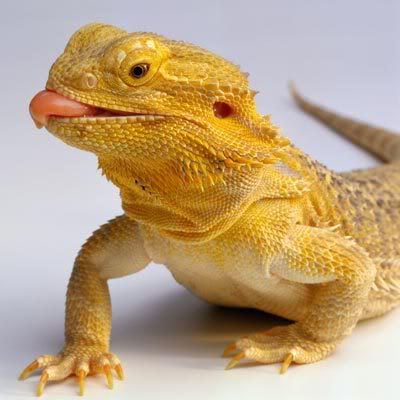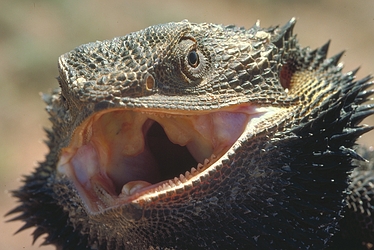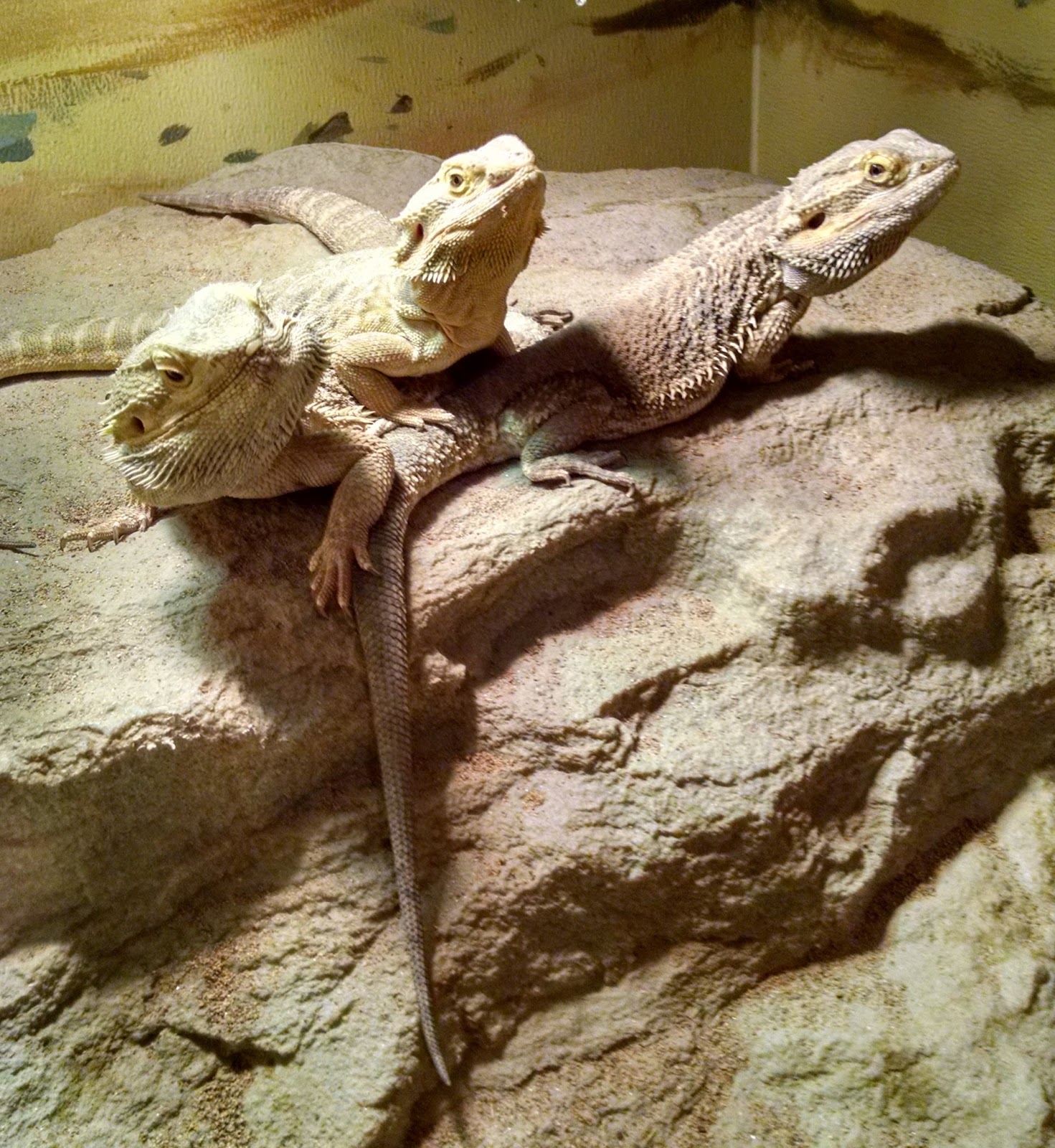Bearded Dragon Essentials: A Beginner's Guide to Keeping a Happy and Healthy Pet
Introduction
If you’re considering getting a bearded dragon as a pet, it’s important to know the essential items you’ll need to provide a happy and healthy home for your new reptilian friend. This beginner’s guide will cover everything from setup to daily care, and help you establish a solid foundation of knowledge for becoming a successful bearded dragon owner.
Habitat Setup
A proper habitat setup is the foundation for keeping your bearded dragon happy and healthy. You’ll need a few key items to create a comfortable living environment:
- A terrarium or tank that is at least 40 gallons for a single adult bearded dragon.
- Heat lamp and UVB lamp for adequate lighting and warmth.
- Substrate for the bottom of the tank, such as reptile carpet or tile. Avoid sand or loose substrate that can cause impaction.
- Basking spot with a temperature of 100-110°F.
- Hiding places and climbing structures to provide enrichment for your bearded dragon.
- Thermometer and hygrometer to monitor temperature and humidity levels.
- Water dish, food dish, and a calcium supplement dispenser for easy access.
Diet and Nutrition
Bearded dragons are omnivorous and require a balanced diet of both insects and vegetables. Here are the essentials you’ll need to provide for a healthy diet:
- Feeder insects, such as crickets, dubia roaches, and superworms. Avoid feeding wild-caught insects due to the risk of parasites.
- Greens and vegetables, such as kale, collard greens, squash, and bell peppers. Avoid feeding spinach or romaine lettuce, which contain oxalates that can inhibit calcium absorption.
- Calcium and vitamin supplements to sprinkle on food once or twice a week.
Hygiene and Maintenance
Proper hygiene and maintenance are essential for keeping your bearded dragon healthy and preventing illness. Here are some key things to keep in mind:
- Clean and disinfect the tank regularly.
- Remove uneaten food and feces daily.
- Provide fresh water daily.
- Take your bearded dragon to a reptile veterinarian for annual checkups and any signs of illness.
- Handle your bearded dragon regularly to promote socialization and establish a bond.
Conclusion
Keeping a happy and healthy bearded dragon requires the right setup, diet, and care. By following the essential items and tips outlined in this beginner’s guide, you’ll be well on your way to providing a comfortable and thriving home for your new reptilian friend.
Image 1

Image 2

Image 3

Image 4

Image 5

Image 6

Image 7

Image 8

Image 9

Image 10

